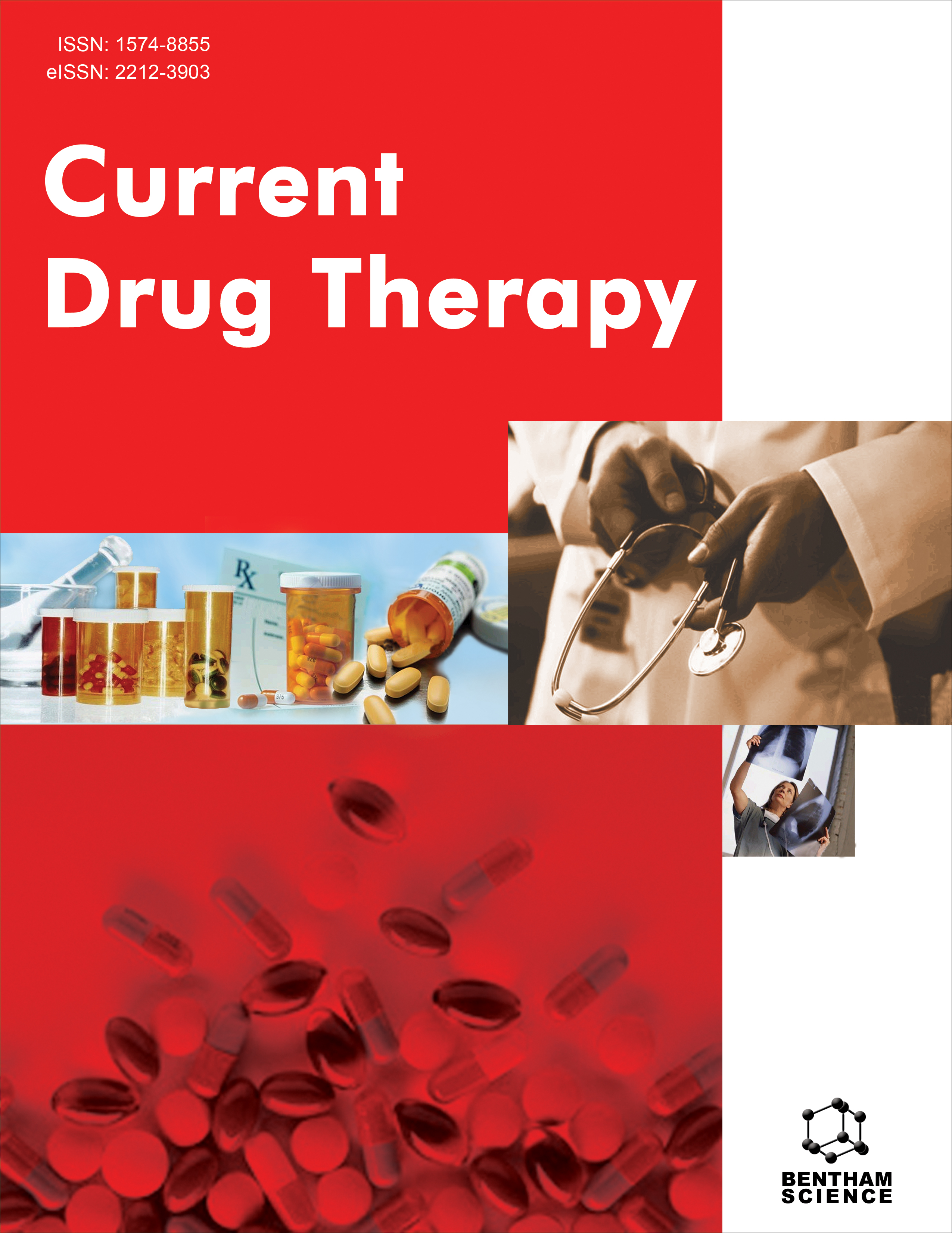
Full text loading...

Diabetes management is critical for patient health, yet many individuals lack essential knowledge about their condition.
This study aimed to develop and validate a patient information leaflet (PIL) focused on diabetes, assessing its effectiveness in enhancing patient knowledge among individuals with diabetes.
The primary objective was to prepare and validate a patient information leaflet (PIL) on diabetes and evaluate its impact on patient knowledge among diabetic individuals. The secondary objective was to analyze demographic factors, education, family history, and comorbidities influencing baseline knowledge and post-intervention knowledge improvement.
Quasi-experimental pre and post-test design was carried out enrolling 78 inpatients and outpatients diagnosed with T1DM or T2DM. The PIL was developed using evidence-based resources and validated through expert panel reviews. Its readability was evaluated using Flesch Reading Ease (FRE) and Flesch-Kincaid Grade Level (FK-GL) scales, with additional validation through user testing. The leaflet’s design adhered to Baker-Able Leaflet Design (BALD) principles. Pre- and post-intervention knowledge was measured through a structured questionnaire, and participant feedback on the leaflet's content and layout was collected.
The FRE and FK-GL scores for the PIL were 60.3 and 8, respectively. The BALD scores for the English and Kannada versions were 25 and 24, respectively. User testing revealed significant improvements in knowledge, with mean scores increasing from 33.85 ± 23.43 to 93.23 ± 8.58 for the Kannada PIL and from 59.23 ± 24.31 to 93.08 ± 9.47 for the English PIL. A total of 85.9% of participants rated the leaflet as effective in improving their understanding of diabetes management.
The validated PIL significantly enhanced patient knowledge of diabetes. These findings suggest that such educational tools can effectively support patient education in both T1DM and T2DM populations.